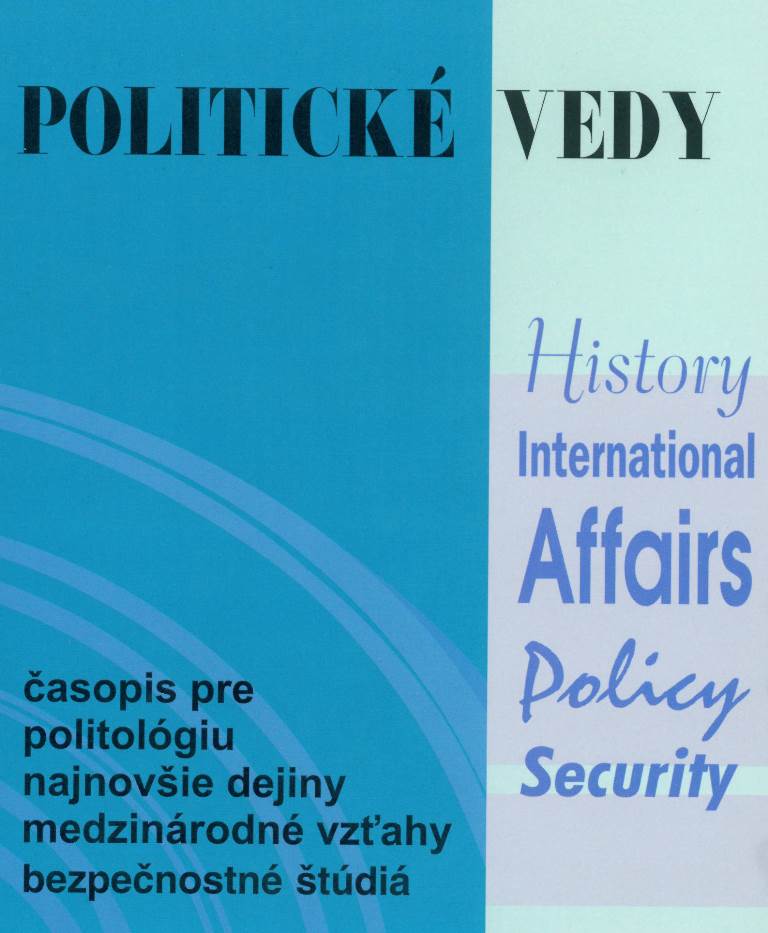Fenomén politickej kultúry a jeho podoba na príklade Poľskej republiky
The Phenomenon of Political Culture and its Form on the Example of Poland
Author(s): Peter Ondria, Rastislav MalovecSubject(s): Politics / Political Sciences, Politics and society
Published by: Univerzita Mateja Bela
Keywords: political culture; Poland; transformation; democracy; civil society; participation;
Summary/Abstract: Central and Eastern Europe includes, from the point of view of its history, culture and tradition many different nations. Therefore, we can hardly consider a civilization of so called former eastern block as unified. Despite its many differences, all countries located in this geographical area have one common matter – domination of the Soviet Union for nearly a half of century. Common heritage of communism has eventually become a cause of similar issues and challenges which single post-communist countries had to, in 1990s, face. The biggest challenge was the necessity of complex transformation of political, economic and social system towards democracy according the pattern of the West. In the context of these changes it has, in the middle of 1990s, arose also whole series of different studies dealing with different aspects of the transformation, where belongs also a phenomenon of political culture of the post-communist states. The goal of this article was to closely analyze the phenomenon of the political culture and then to present its form by example of Poland after 1989. The main goal was to answer the question, what is the model of political culture in given country, what is typical for this state and what actual challenges faces. Methods used in the article were historical analysis, partially comparative method, theoretical-analytical method and method of secondary data analysis. The article has come to the conclusion, that, in terms of theory, we can identify Polish political culture as civic political culture. It is, however, controversial to what extent is this model developed, because it does not meet a complex concept of features in the Almonds’ understanding. We can rate it by the criteria of sophistication. In the case of Poland, we talk about less developed civic political culture, which faces many challenges. Among those biggest challenges for the Polish political we have placed a social distrust in the political institutions, in the exercise of democracy and its functioning, and low social activity of Polish citizens.
Journal: Politické vedy
- Issue Year: 22/2019
- Issue No: 3
- Page Range: 213-240
- Page Count: 28
- Language: Slovak

